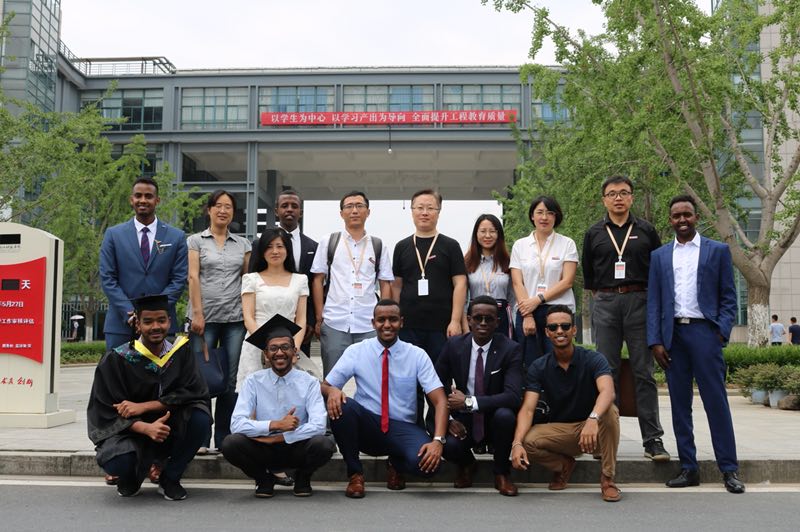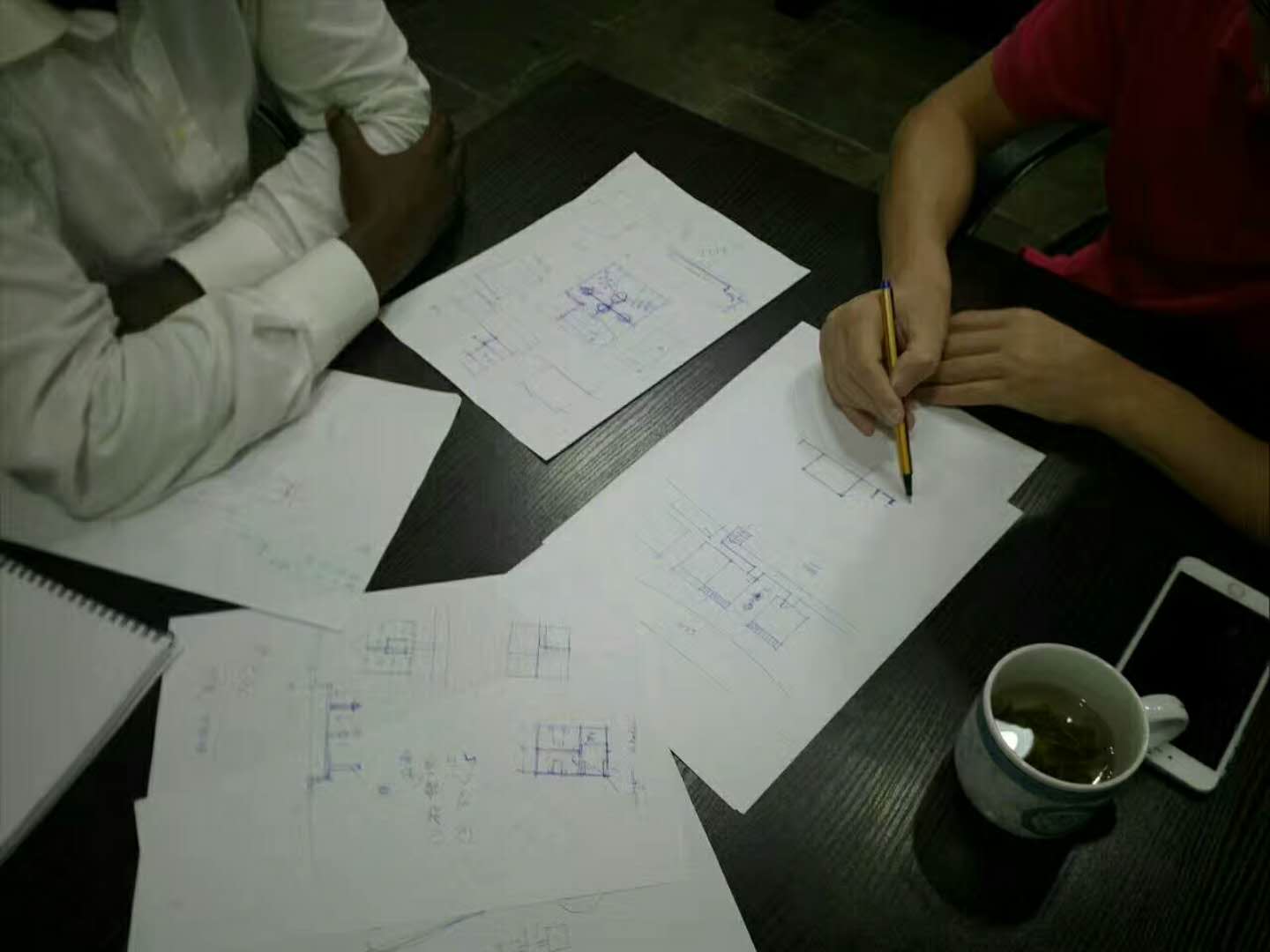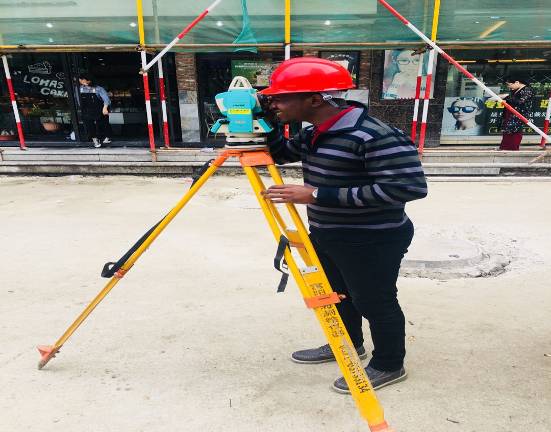Civil Engineering class of 2014 undergraduate students of the School of Civil Engineering and Architecture presented their final year internship reports. To ensure quality of the graduating students, the department invited prominent Academicians from the Department as External Supervisors and observers. This time,Ms Huang and Prof. Ma Xiaodong, among many others, were present in some of the hearings.
Students of this class attended a minimum period of 8 weeks internship training that enabled them to develop technical hands-on experience and deeper appreciation of their course of study.
As a University requirement, students are supposed to undertake this internship as a partial requirement for the award of their Bachelor’s degree certification.
For students that wish to undertake internships within China, Professors and teachers help in sourcing for possible placements within Zhejiang Province and other provinces within mainland China noting of the vast opportunities Hangzhou city offers to the international society.
Other alternatives are available based on a student’s fluency and competency in Chinese language, that is to say, students can as well directly apply for placements to Companies of their choice within China or any place of their preference. As may be known,student’s areas of interests vary.
One such student, Jibril Hassan Mohamed, under guidance of Mr.Cai undertook his internship with Zhejiang Jiahua Architectural Design Research Institute Co., ltd., company that was founded on 13TH June 1991. It is a modern group organization focusing on construction engineering management based on the platform of construction planning and design. It boasts of being a grade A qualification in construction industry and Geotechnical engineering. Undertaking this internship exposed him to Civil Engineering software use in design such as AutoCAD, PKPM, Tianzhengjianzhu, Sketchup and their design codes.
Being assigned structural and architectural related tasks, he had the following to say, “This internship was a useful experience. I have gained new knowledge, skills and met many new people. I achieved several of my learning goals. I learned the different facets of working within an Architectural Design Institute.The internship was also a great means to find out what my strengths and weaknesses are. This helped me to define what skills and knowledge I have to improve on in the coming time. At last this internship has given me new insights and motivation to pursue a career in architectural design”.
Other International students undertook internship placements in Construction Companies, Geotechnical and Transportation Offices, Government Offices from their respective countries and Consulting Firms working on different scales of Construction and Design projects which included many aspects of Civil Engineering such as Highways, Buildings, Drainages, Foundations, etc.
All their obtained skill sets were well presented during their internship presentations. We wish them the best in their future endeavours and chosen careers.
Upon completion of all the necessary coursework and any internship or practical experiences, all students met with a committee to defend their thesis work.
Thesis projects demanded their full attention, and the school required that students devote an entire semester to complete the research and resulting papers or reports. Students worked with faculty committee or advisers on a close basis to make sure that their research stayed on schedule.
Thesis defense was designed so that faculty members could ask questions and make sure that students actually understood their field and focus area. Defending a thesis largely serves as a formality because the paper will already have been evaluated. During the defense, each student was asked questions by members of the thesis committee. Questions were usually open-ended and required that the students think critically about their work.
Under the direction of faculty members, students worked on research problems that involved laboratory work, computer programming, data analysis, and literature searching.Some research and design topics undertaken were;
- High Temperature Mechanical Property of TRC fine-grained concrete with short carbon fibre,
- Structure Designing of a Frame Structure of an Office Building,
- Hand Calculation and Design of three floor concrete frame structure at axis three under wind load,
- Mechanical behaviour of TRC fine-grained concrete with different cement exposed to high temperature,
- Simulation of Excavation in Saturated Soil, and many more.
As undergraduates, research exposed them to a very different side of engineering, one where they worked to solve open-ended problems that no one knows the answers to yet, and in some cases where understanding and defining the problem was the primary goal of the research. Research also gave them the opportunity to work closely with faculty and more advanced students to get more exposure to the next step in their career in engineering.
“Undertaking these research projects have preparedour students for future graduate studies and/or the corporate world in ways some regular curricula alone cannot achieve”, Professors concluded.










































